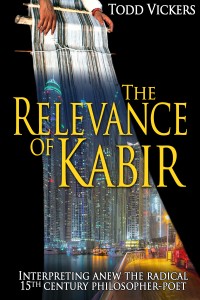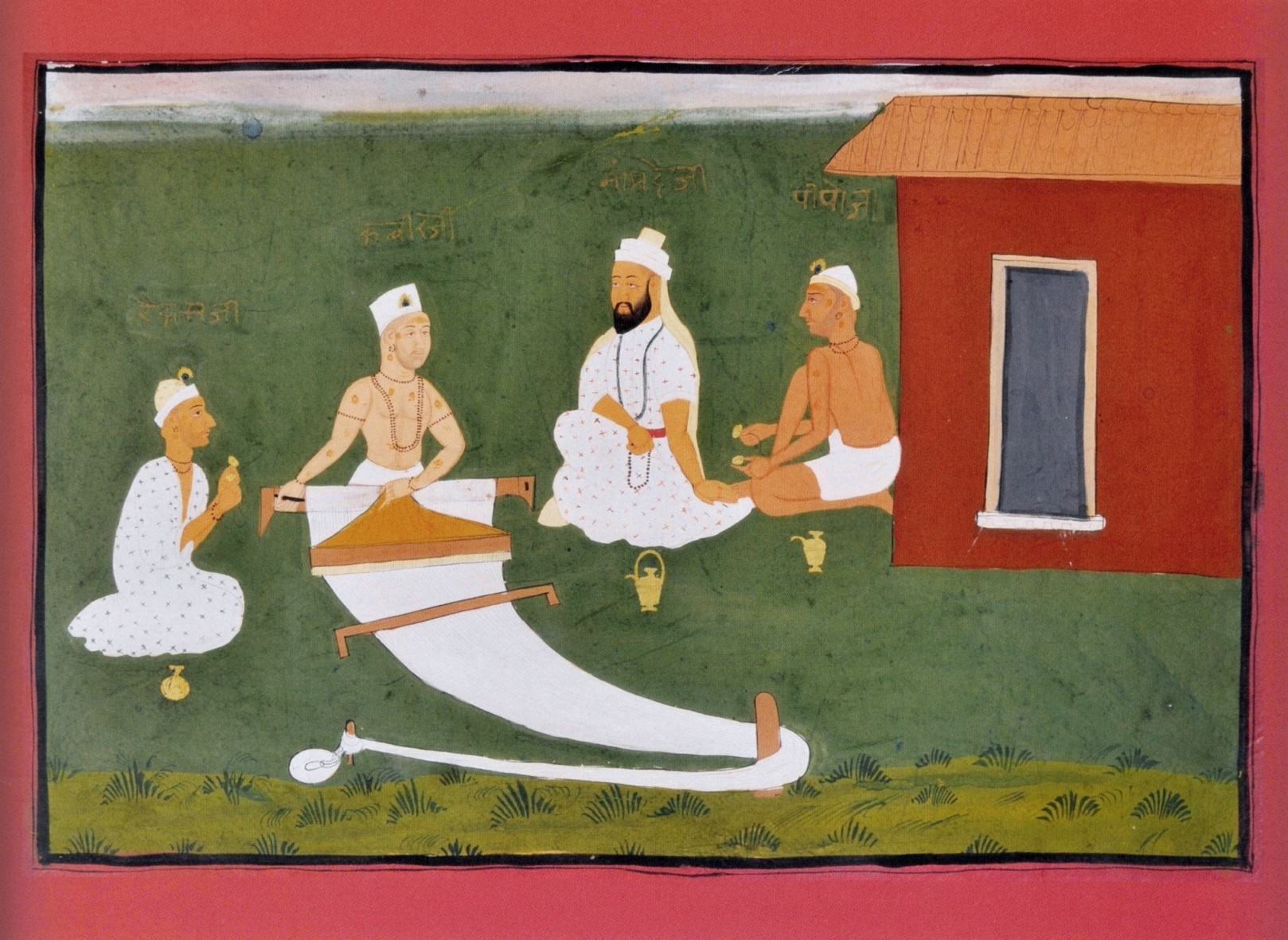 Regularly a $6.99
Regularly a $6.99
Download NOW for FREE before the January 2016 talks in India. Please leave honest reviews at your favourite book sites .
Excerpt from The Relevance of Kabir
“Belief, right or wrong, affects our behaviours.
For example, my father returned late from work after being gone for several days. It was hot despite being quite late. My mother slept why my father disrobed and prepared for bed. He thought to open the sliding glass door opposite the bed to let in some air. As he slid the door open, he heard the faintest noise, in spite of the fact that he was hard of hearing. Being familiar with the sound of a hammer being pulled back on a 357 magnum, he said, “Honey, it’s me.” Then, my mother, who had been silent until this point, and had almost shot her husband, commenced to give him a piece of her mind in a rant that he did not contest. Take my word for it, my father was as close to dying as one can be and still live. You see, my mom mistook him for an intruder, and a naked one at that. All she saw was the silhouette of a naked man. What we believe matters a lot, especially when it is wrong.
Not everyone is lucky enough to have access to facts that controvert flawed beliefs. Still, when events threaten our viewpoints, we may excuse contrary facts as an exception to the rule and the beliefs stand as strong as before. The more serious the disillusionment, the more difficult it becomes to explain away contradictions. When events of our lives surpass our capacities to rationalize, then our confidence will shatter, particularly regarding beliefs about ourselves. Kabir’s poems take the place of disillusioning events to quicken our understanding about life. When we let go of prejudices, we gain access to alternative ways of responding.”
There is nothing but water at the
holy bathing places; and I know
that they are useless, for I have
bathed in them.
The images [gods] are all lifeless, they cannot
speak; I know, for I have cried
aloud to them.
The Purana and the Koran are mere
words; lifting up the curtain, I
have seen.
Kabîr gives utterance to the words of
experience; and he knows very
well that all other things are un-true.
Kabir,
Translated by Rabindranath Tagore
 The free download promotion of The Relevance of Kabir ended today. Thanks to those who downloaded the book. Please leave reviews at Amazon, Goodreads, Smashwords or wherever you feel like.
The free download promotion of The Relevance of Kabir ended today. Thanks to those who downloaded the book. Please leave reviews at Amazon, Goodreads, Smashwords or wherever you feel like.


